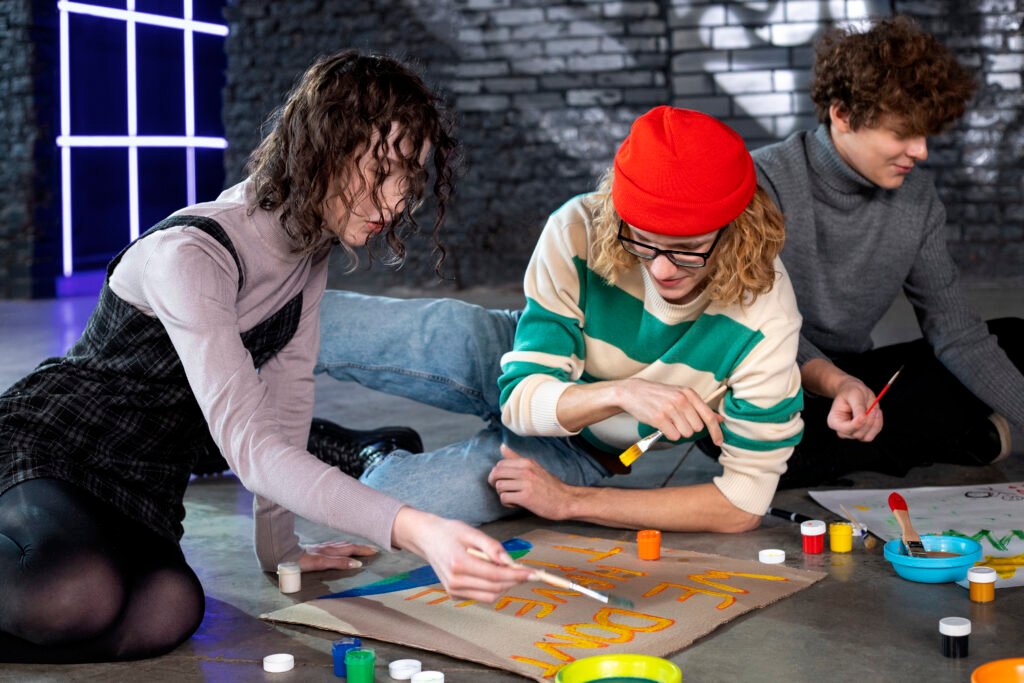
Introduction
In an age dominated by screens and algorithms, DIY games offer a refreshing return to human ingenuity. They’re not just about entertainment, they’re about expression, empathy, and engagement. Whether you’re designing for a classroom, a social campaign, or a cozy evening with friends, DIY games empower you to create experiences that reflect your values and spark meaningful interaction.
Types of DIY Games and What They Are
1. Emotion Cards Game
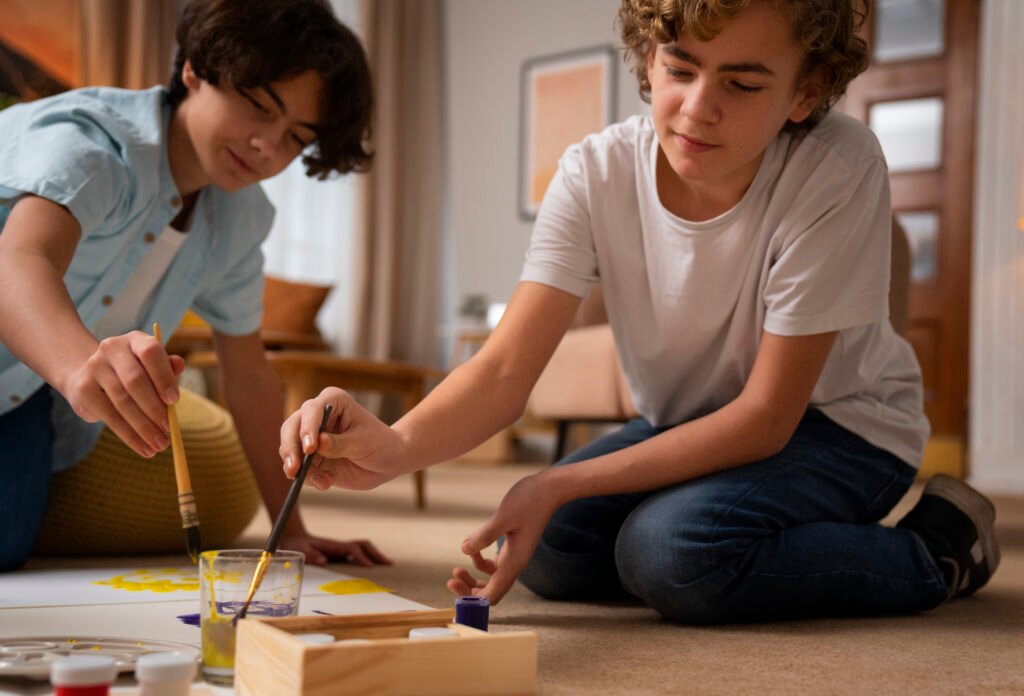
A game designed to build emotional literacy and empathy. Create cards with different emotions, scenarios, and reactions. Players draw cards and either act them out, discuss them, or match them to real-life situations.
- Use case: SEL workshops, mental health campaigns, classroom activities.
- Why it works: Encourages vulnerability, dialogue, and emotional awareness.
2. Campaign Quest
A board or roleplay game where players navigate the stages of a social campaign ideation, outreach, crisis management, and impact. Each stage includes challenges inspired by real-world activism or influencer strategy.
- Use case: Youth engagement, NGO workshops, influencer-led content.
- Why it works: Makes civic action tangible and fun, while teaching strategy and resilience.
3. Hashtag Hunt
A scavenger hunt-style game where players decode clues to find trending hashtags or create their own based on a theme (e.g., kindness, sustainability, regional pride).
- Use case: Digital literacy sessions, brand activations, influencer challenges.
- Why it works: Blends offline play with online relevance, encouraging creativity and social awareness.
4. Roleplay Roulette
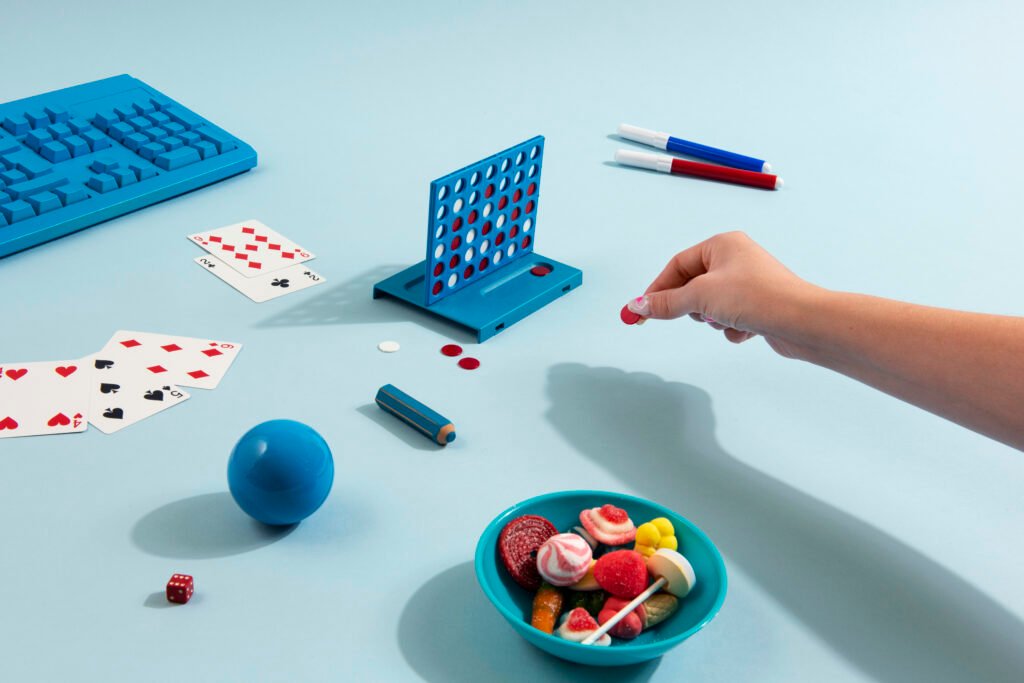
Players spin a wheel or draw cards to assume roles : activist, policymaker, citizen, influencer and solve dilemmas collaboratively. Scenarios can be based on real issues like climate change, education, or public health.
- Use case: Civic education, team-building, campaign ideation.
- Why it works: Builds empathy, perspective-taking, and collaborative problem-solving.
5. Regional Remix
A trivia or storytelling game using local cultural elements folklore, dialects, food, festivals. Players answer questions, act out scenes, or create stories using regional prompts.
- Use case: Cultural festivals, school events, tourism campaigns.
- Why it works: Celebrates diversity, fosters pride, and strengthens cultural identity.
6. Story Chain Challenge
This is a collaborative storytelling game where each player adds a sentence or twist to a shared narrative. You can introduce prompts, character cards, or plot twists to guide the flow. The game can be themed around social issues, regional folklore, or even campaign journeys.
- Use case: Creative writing workshops, influencer content series, classroom engagement.
- Why it works: Encourages imagination, listening, and co-creation.
7. Bias Busters
Create a game that challenges stereotypes and unconscious biases. Players are presented with scenarios or statements and must identify the bias, discuss its impact, and propose alternatives. You can use cards, roleplay, or even a digital format.
- Use case: Diversity and inclusion training, social justice campaigns.
- Why it works: Promotes critical thinking and empathy in a safe, interactive way.
8. Kindness Bingo
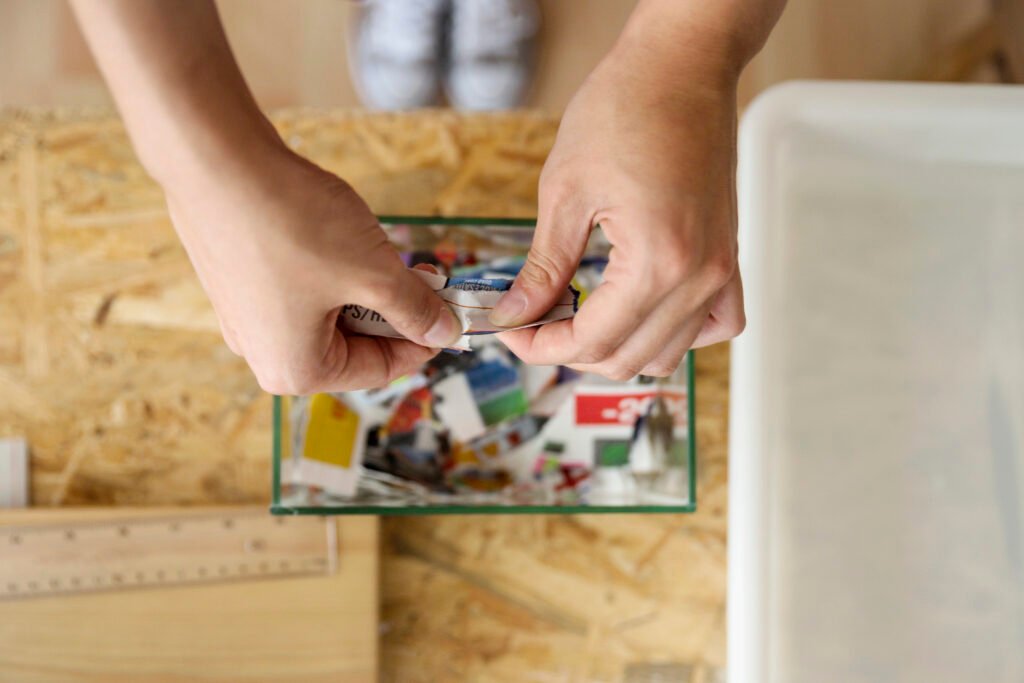
Design a bingo board filled with acts of kindness, some simple, some bold. Players complete tasks like “Compliment a stranger,” “Support a local business,” or “Write a thank-you note.” This can be played individually or in teams, and shared on social media for wider impact.
- Use case: Influencer-led challenges, school activities, community building.
- Why it works: Turns everyday actions into a game, reinforcing positive behavior.
9. Festival Fusion
This game celebrates cultural diversity by blending elements from different festivals food, rituals, music, attire. Players draw cards or spin wheels to create unique festival mashups and then act them out or describe them. It’s playful, educational, and inclusive.
- Use case: Cultural events, school programs, tourism campaigns.
- Why it works: Encourages respect for diversity and sparks curiosity.
Final Thoughts
DIY games are a canvas for creativity, empathy, and impact. They allow you to design experiences that are not only fun but also meaningful. For someone like you, riddhi, who thrives on emotional depth and strategic disruption, these games can become powerful tools to inspire, educate, and connect.
Whether you’re crafting a game for a campaign, a classroom, or a cause, remember: the most powerful games aren’t the ones with the fanciest graphics they’re the ones that make people feel, think, and act.

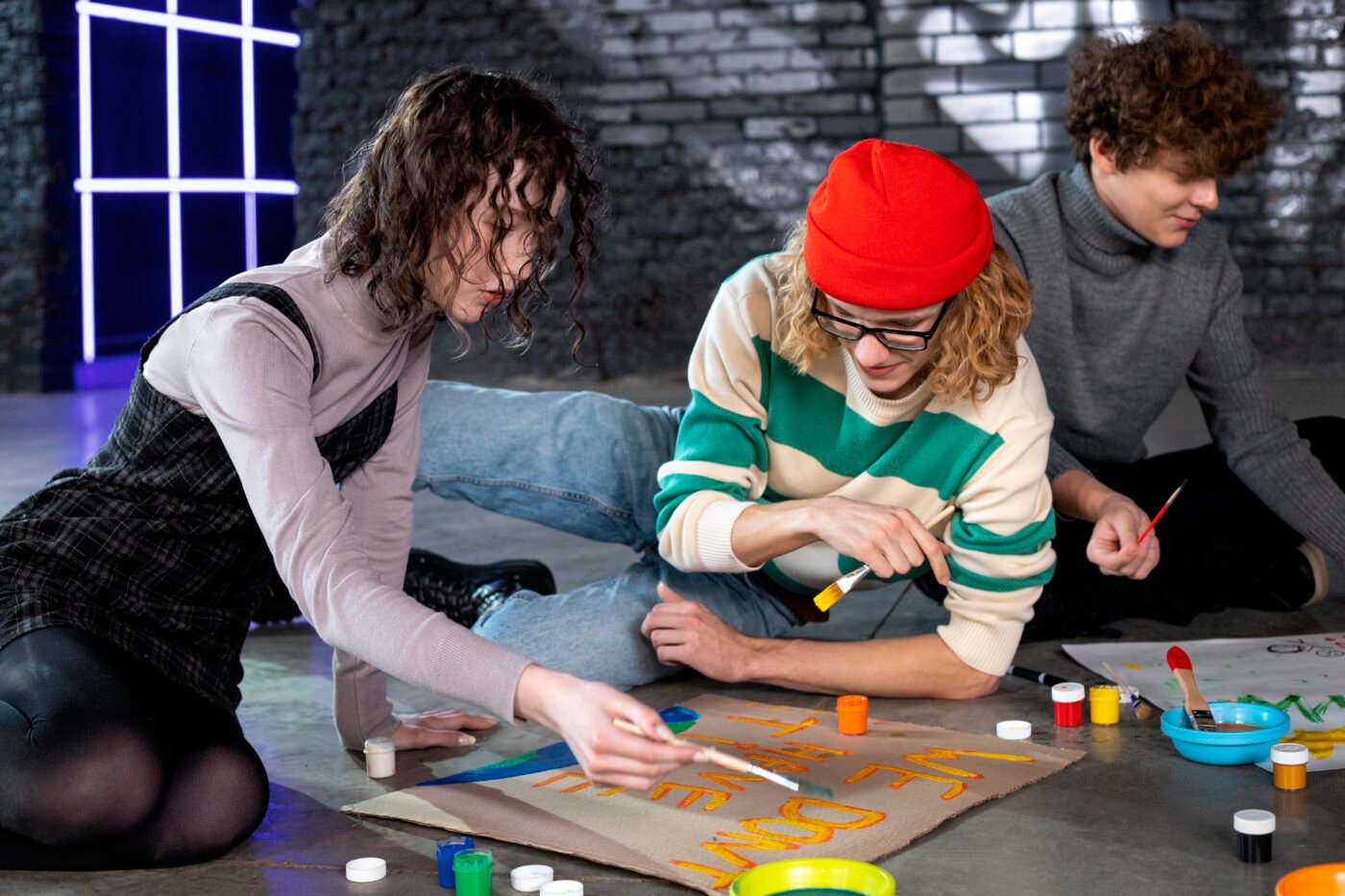


Leave a Comment